A top American Catholic priest who was forced to resign after a newsletter confirmed him as a frequent user of the dating app Grindr has decided to sue the company for “reputational damage.”
Monsignor Jeffrey Burrill, who served as the general secretary of the US Conference of Catholic Bishops (USCCB), was investigated by The Pillar, a Catholic newspaper, which used the application’s data to track the priest’s activity from 2018 to 2020, confirming his usage at both his office and house.
- Priest Jeffrey Burrill sues Grindr for 'reputational damage' after his data forced him to resign.
- The Ex Monsignor was ousted in 2021, after he was confirmed to have been a regular user of the dating app.
- The lawsuit alleges that Grindr failed to protect Burrill's data, leading to 'significant damage' to his livelihood.
The lawsuit, filed in the California Superior Court, alleges that Grindr failed to protect his client’s data or inform him of its ease of access, resulting in “significant damage” to his livelihood.
A high-ranking member of the US Conference of Catholic Bishops is suing Grindr after his personal data was used to force him to retire
Image credits: Catholic News Service
According to The Pillar, the information was obtained using a combination of data and location signals correlated to Burrill’s mobile device, as well as other records of his usage and in-app purchases, all of which were “publicly available.”
Jeffrey Burrill began to work at the Bishops’ Conference as an associate general secretary in February 2016, with his main responsibilities being the coordination of the organization’s response to the Church’s coercion and sexual abuse scandals.
In 2018, the priest was promoted to the USCCB’s executive staff and was responsible for overseeing the organization’s pastoral departments. He was later elected general secretary of the US Bishops Conference in November 2020, becoming its highest-ranking American member.
The investigation concluded that during all this time, he was engaged in consistent and, according to the institution, illicit sexual activity.
A catholic newsletter’s investigation used the hook-up app’s public records to confirm that the priest was a regular user
Image credits: Catholic News Service
The Pillar was able to access the dating app’s mobile device location data without issues and used it to correlate Burrell’s assigned ID number with his phone number, allowing them to pinpoint where and when the priest used Grindr. The investigators concluded that the app was used in his residence, USCCB’s headquarters, official meetings, vacations, and apartments.
The ease of access with which his personal information was obtained caught Jeffrey Burrill by surprise, leading to his decision to sue the makers of the dating app. Grindr has yet to respond officially, but according to Law360, a spokesperson for the company says it “intends to answer vigorously to these allegations, which are based on a mischaracterization of practices relating to user data.”
Image credits: L’Osservatore Romano
According to Misha Rykov, a researcher at the free software community Mozilla, “Dating apps claim the more personal data you share, the more likely you are to find love. We have no way of knowing if that’s true. What we do know is that most dating apps fail spectacularly at protecting that information.”
The main concerns brought forward by Mozilla surround the selling of information by mobile programs to advertisers. “80% of dating apps share or sell your personal information for advertising. And sometimes it’s not even clear to us whether your personal information is being sold or not,” Rykov explains, adding that geolocation data is also made public as soon as users start their activity on the dating platforms.
The case resurfaces in the midst of a particularly challenging period for the US Catholic Church, which has been struggling with more than 8,500 accounts of clerical abuse since 2019
Image credits: Pexels/RDNE
Thomas Berg, a professor of Moral Theology at St. Joseph’s Seminary in Yonkers, New York, explained to The Pillar that “[the] use of location-based hookup apps is inconsistent with clerical obligations to continence and chastity. According to canon law and the Church’s tradition, clerics are obliged to observe ‘perfect and perpetual continence,’ as a reflection of what should be our lived pursuit of our spousal relationship with the Church and with Christ.”
Image credits: Grindr
Beyond the vows of chastity sworn by Burrill, the case becomes particularly damaging for the USCCB’s reputation, considering the depth of the responsibilities the priest had regarding cases of misconduct, child abuse, and youth protection.
According to the 2023 Annual Report of the USCCB, more than 8,500 cases of clerical abuse came to light during Burrill’s tenure as a high-ranking member, with 1,300 during the last year, of which 842 constitute offenses of the sexual abuse of minors.
Image credits: Pexels/Shimazaki
The church also reported $284 million in payouts to the victims during 2023.
“These numbers are not just numbers. The statistics are the many stories and accounts of the betrayal of trust and the lifelong journey towards recovery,” wrote Archbishop Timothy Broglio, president of the USCCB, in the report’s introduction.
Netizens reacted with cynicism to the case, with many commenting that the priest has no case against the dating app due to his own willingness to make use of it
Image credits: Grindr
“Good luck. It was his choice to join the app and get involved with such. How’s it their fault?” asked one user.
“‘Oh gee, my job as a priest doesn’t allow me to have casual sex with men.’ Good grief,” reacted another.
Image credits: Grindr
“If you are ashamed of being on Grindr, don’t be on Grindr. Simple, really. I guess those ‘vows’ only matter if you get caught,” said one reader.
Others expressed concern at the ease with which his personal information was collected and then used against him, arguing that despite his misconduct, his lawsuit is based on a fundamental breach of privacy.
Image credits: Grindr
“My initial reaction to this was that a priest has no business being on a hook-up app. But really, this has ramifications for every one who uses apps like this,” argued a concerned user.
“Same as Facebook and all the rest. They do not keep our info private,” stated another.
“I thought those sites were meant to protect people’s privacy? I don’t blame him for suing them,” said one reader, understanding the priest’s position.
“Grindr did this man a favor,” said one reader as others remarked on the incompatibility of the priest’s lifestyle with his clerical responsibilities
Poll Question
Thanks! Check out the results:
He was outed by "The Pillar", a conservative Catholic publication that likes to out gay priest who are on the more liberal side. There is no record of them ever outing a gay conservative priest.
"A for-profit company sold its data to buyers who then used it to fire their employee" fixed it for you.
He was outed by "The Pillar", a conservative Catholic publication that likes to out gay priest who are on the more liberal side. There is no record of them ever outing a gay conservative priest.
"A for-profit company sold its data to buyers who then used it to fire their employee" fixed it for you.

 Dark Mode
Dark Mode 

 No fees, cancel anytime
No fees, cancel anytime 




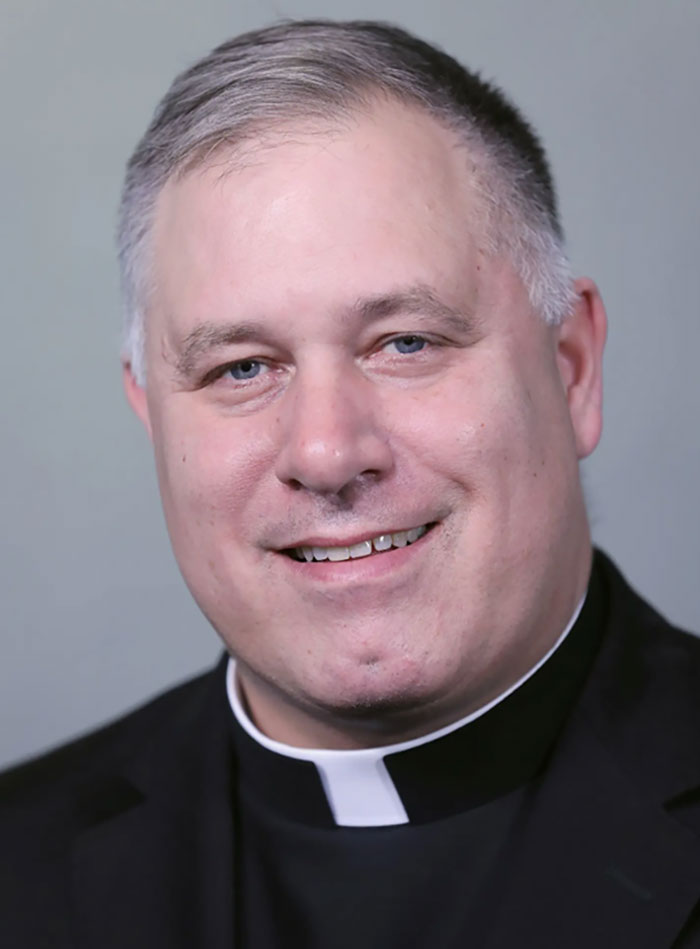
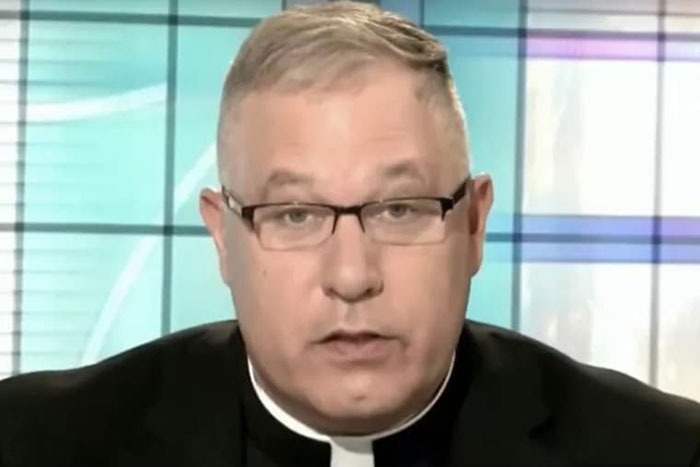
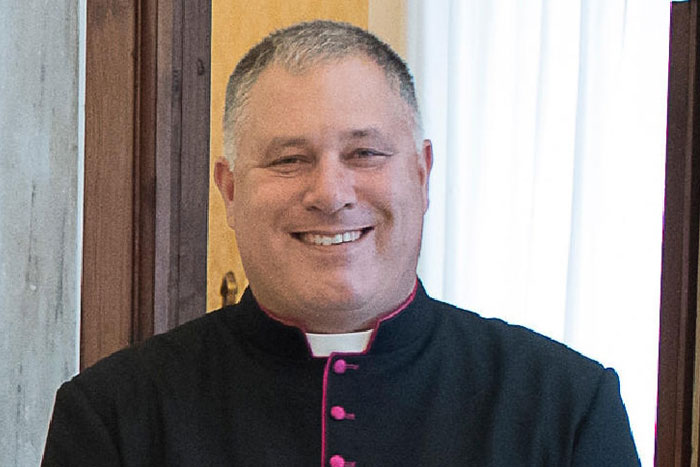
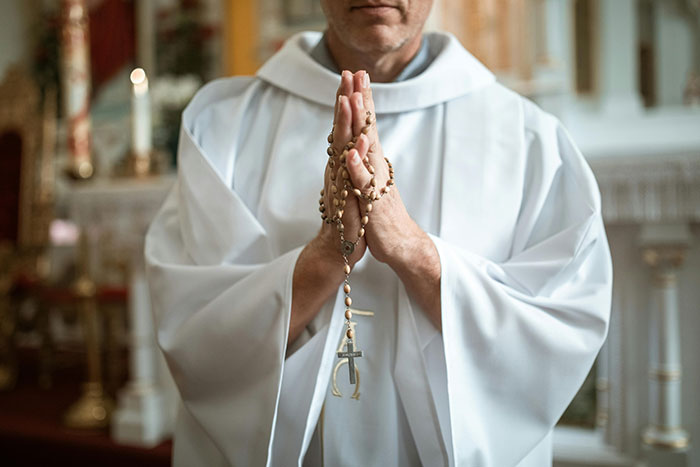


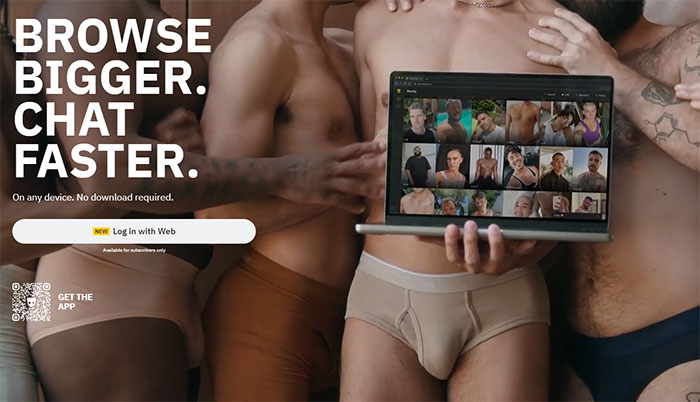















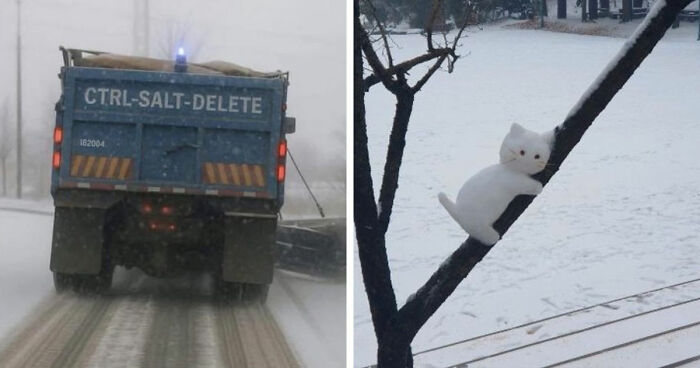
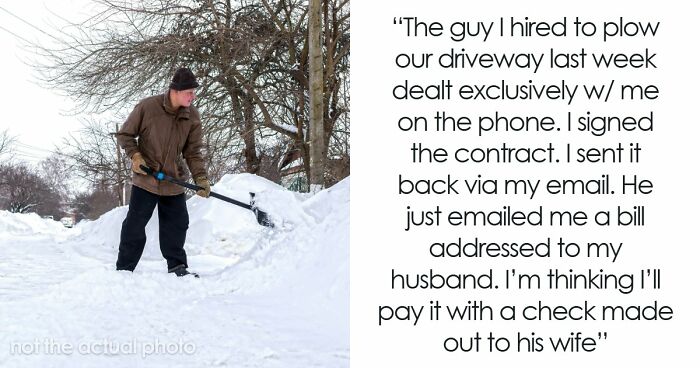

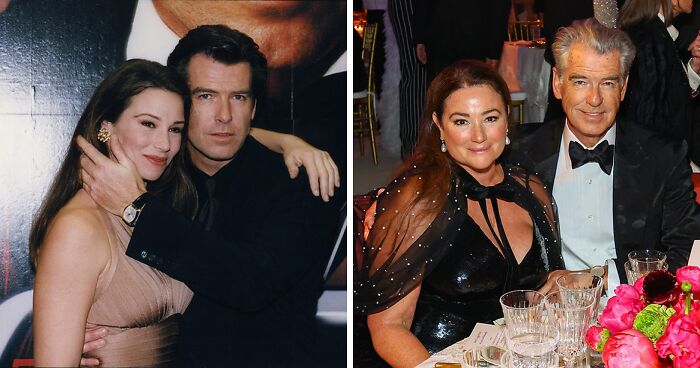

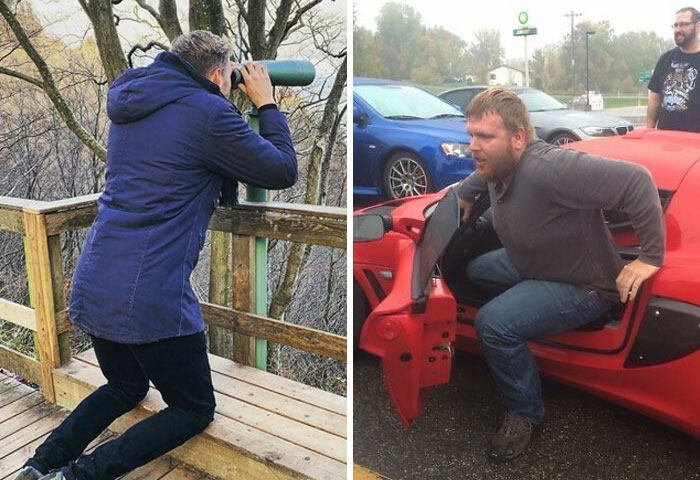
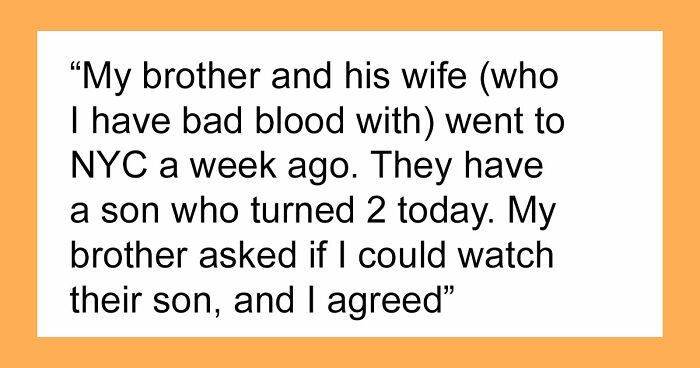



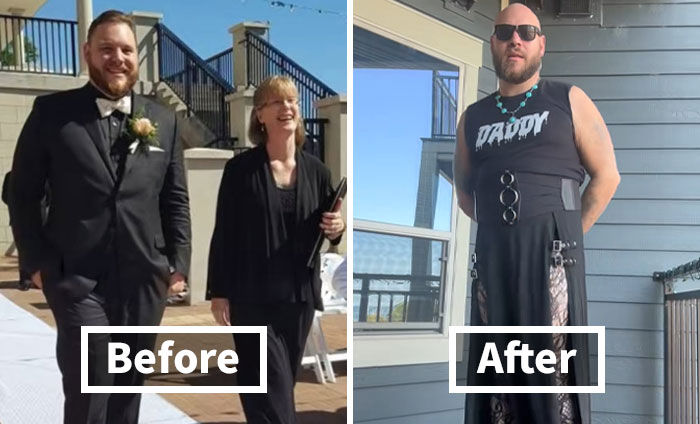



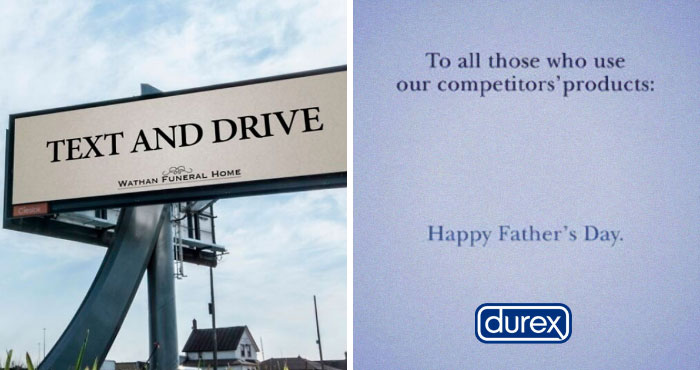


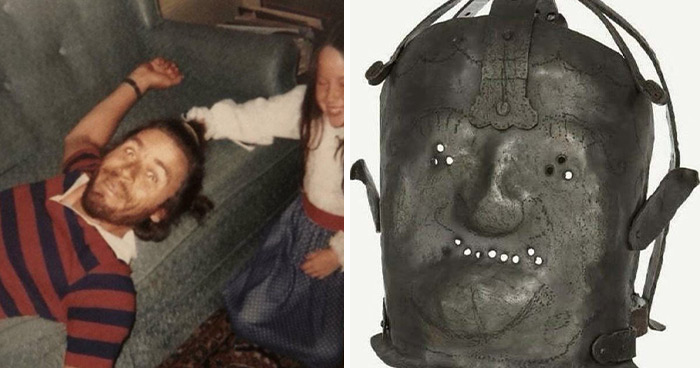






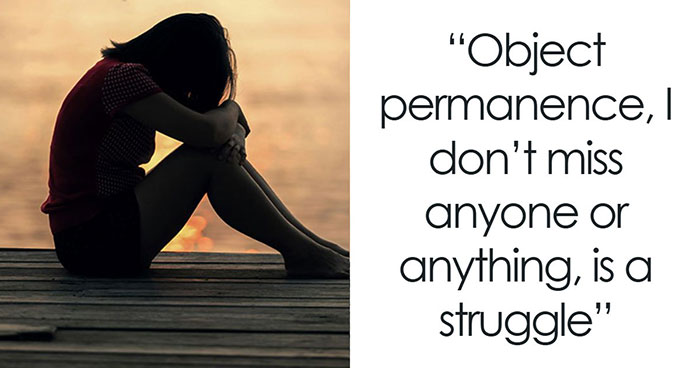


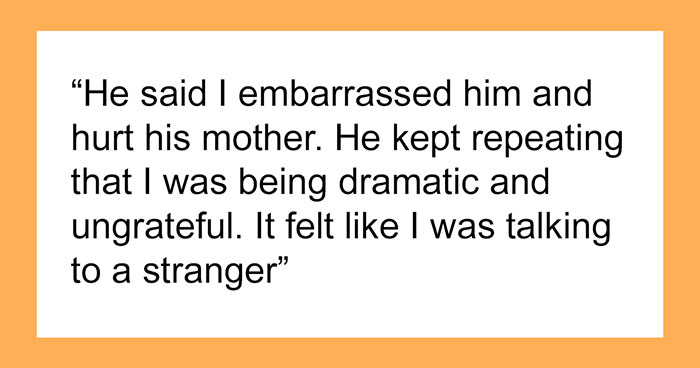
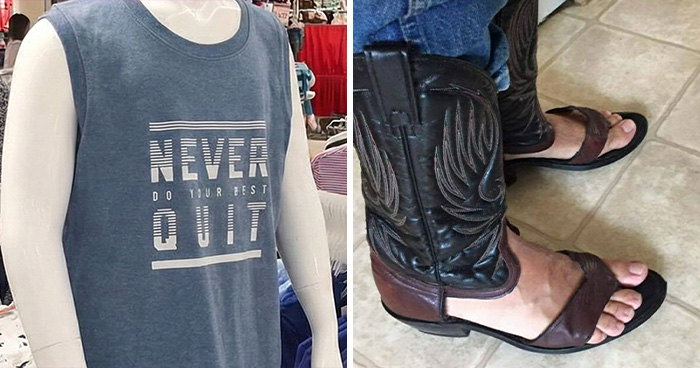


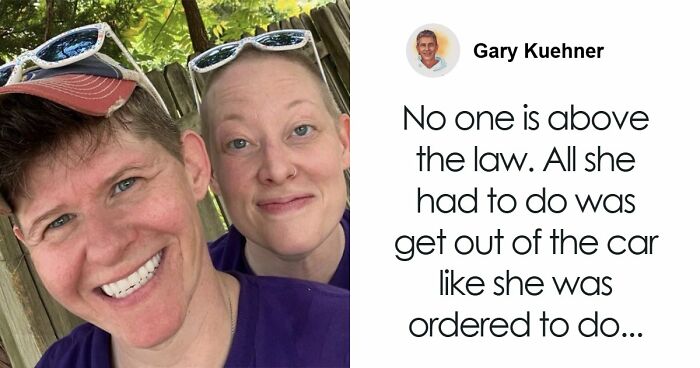

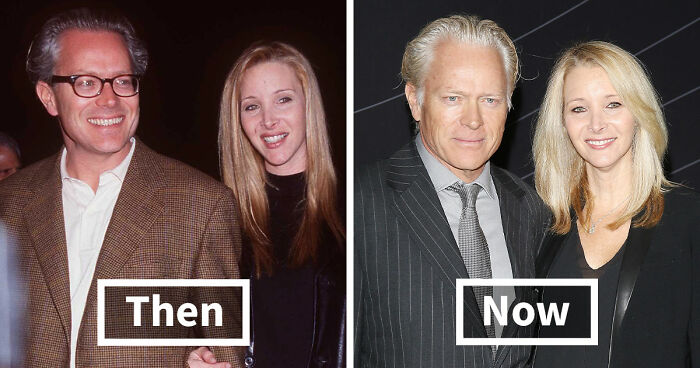
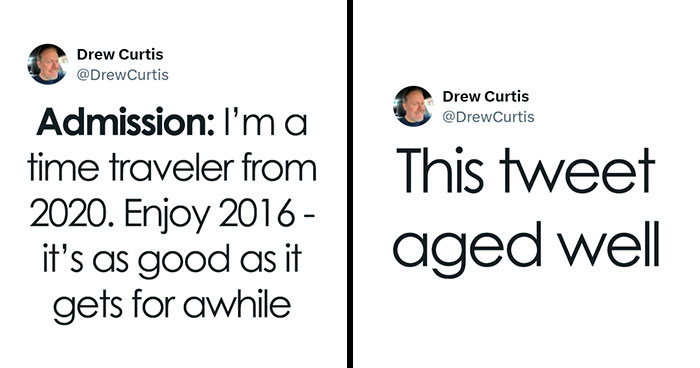


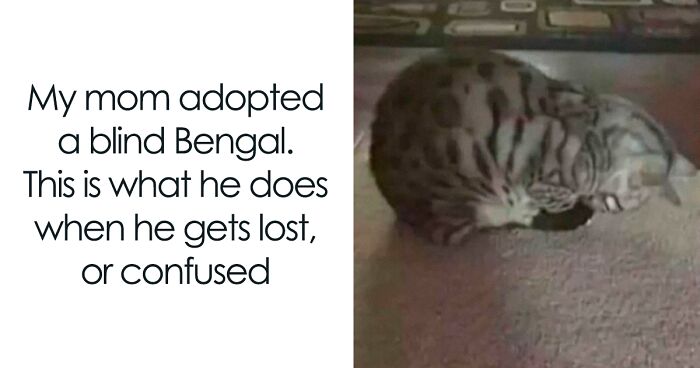

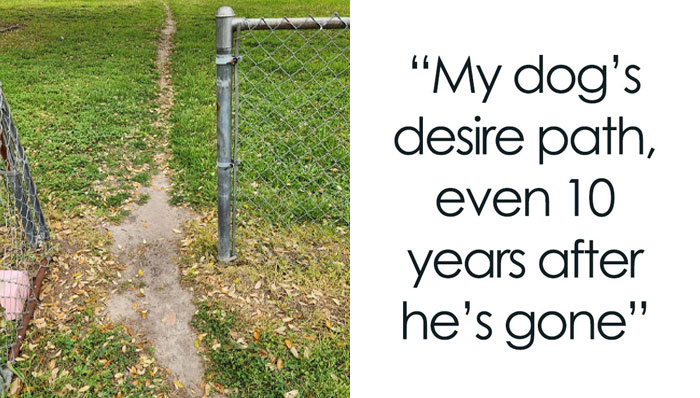
13
27